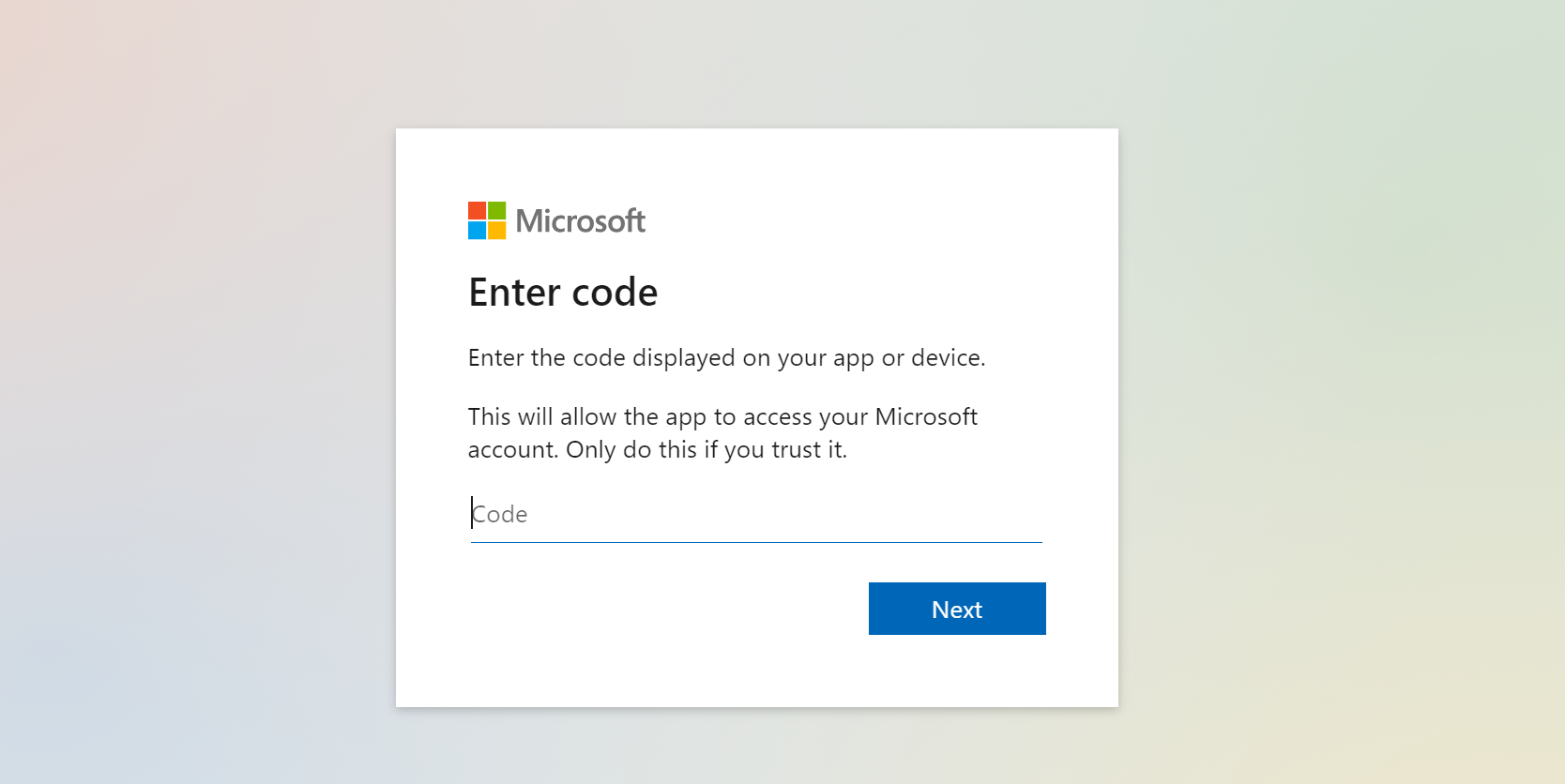
How Virtual Private Servers Facilitate Remote Work
In today’s increasingly digital world, remote work has become the norm for many businesses. Efficient tools and infrastructure are crucial to maintaining productivity and collaboration in a remote setup. Virtual server hosting plays a vital role in enabling seamless remote work by offering flexibility, security, and scalability. Here’s how virtual server hosting facilitates and enhances remote work environments.
Table of Contents
What Is Virtual Server Hosting?
Virtual server hosting uses virtualization to divide a physical server into multiple virtual servers. Each virtual server operates independently with dedicated resources such as CPU, RAM, and storage. This setup provides businesses with a cost-effective and flexible solution for hosting tools, applications, and data.
Centralized Access for Remote Teams
With virtual server hosting, businesses can host all essential tools and applications in one secure location. Employees can access these resources from anywhere, ensuring seamless collaboration and productivity. This eliminates the need for individual installations and reduces dependency on local devices.
Centralized access also simplifies software updates, as changes made on the server reflect instantly for all users. Whether it’s a CRM tool, shared database, or project management platform, virtual server hosting ensures consistent performance and accessibility.
Enhanced Security
Security is a top priority for remote work, especially when dealing with sensitive company data. Virtual server hosting provides a secure environment with features such as firewalls, encryption, and isolated resources. These measures protect data from breaches and unauthorized access.
Additionally, businesses can customize security settings to fit their needs, ensuring complete control over access permissions. This added layer of protection builds trust with employees and clients while ensuring smooth operations.
Scalability for Growing Workloads
As remote teams expand or project demands fluctuate, scalability becomes essential. Virtual server hosting allows businesses to adjust resources like CPU, memory, and storage as needed. This ensures teams have the resources to handle increased workloads without compromising performance.
Scalability is particularly useful during peak periods, such as product launches or high-traffic campaigns. Businesses can temporarily scale up and later reduce resources, optimizing costs while maintaining efficiency.
Reliable Performance
Remote teams rely on uninterrupted access to applications and data. Downtime can disrupt workflows and lower productivity. Virtual server hosting ensures high uptime and consistent performance, even for resource-intensive tasks.
Hosting providers often offer uptime guarantees and technical support to resolve issues promptly. This reliability enables remote teams to focus on their work without worrying about disruptions.
Cost-Effective Infrastructure
Setting up physical servers is costly and time-consuming. Virtual server hosting eliminates the need for hardware and maintenance, making it a cost-efficient solution. Businesses only pay for the resources they use, further reducing expenses.
This affordability makes virtual server hosting an ideal choice for small and medium-sized businesses supporting remote teams. It delivers robust infrastructure without straining budgets.
Easy Integration with Existing Systems
Transitioning to remote work doesn’t require overhauling IT systems. Virtual server hosting integrates easily with existing tools and platforms. Businesses can migrate their applications and data with minimal disruption, ensuring continuity.
Virtual servers also support various operating systems and software, making it easier for teams to use familiar tools. This compatibility simplifies the transition to a remote work setup.
Improved Collaboration
Effective collaboration is vital for remote work. Virtual server hosting supports real-time file sharing, video conferencing, and team communication tools. These platforms run smoothly on virtual servers, ensuring teams stay connected and productive.
By hosting collaboration tools on a virtual server, businesses can reduce lags or interruptions during meetings and project discussions. This helps remote teams work as efficiently as they would in a physical office.
Conclusion
Virtual server hosting is a game-changer for businesses embracing remote work. Its flexibility, security, and scalability empower teams to collaborate seamlessly and maintain productivity. By centralizing resources, enhancing security, and ensuring reliable performance, virtual server hosting provides the perfect infrastructure for thriving in a remote environment. With trusted providers like InMotion Hosting, businesses can leverage robust virtual server solutions tailored to their needs, ensuring a smooth transition to remote operations.





